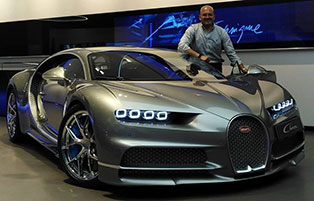Volkswagen
VOLKSWAGEN TAKES AIMING AT LEADING POSITION FOR ELECTRO- MOBILITY IN CHINA
At the congress, Herbert Diess emphasised the important role of the automotive industry on the way to fulfilling the Paris Climate Agreement: "China also relies on emission-free mobility under its clear commitment to the goals of Paris. In this transformation, we are playing a key role in providing a comprehensive range of e-vehicles and strengthening the private charging infrastructure. "
In his speech, Diess also underlined that a predictable and reliable legal and regulatory framework was necessary for the further development of electro mobility. He expressly welcomed another opening-up of the cou
E-mobility is already booming in China. Last year, more than one million plug-in hybrids and purely battery-powered vehicles were sold. This makes China the world's largest market for e-cars. The government is supporting e-mobility through comprehensive initiatives such as the expansion of the charging infrastructure and low electricity costs. In addition, more renewable energy is being harnessed to generate electricity.
As part of its e-mobility offensive, the Volkswagen Group plans to produce around 11.6 million e- cars in China by 2028: that is more than half of the Group's global total target of 22 million. All three joint ventures - FAW-Volkswagen, SAIC VOLKSWAGEN and JAC Volkswagen - will contribute to this. As soon as the SAIC VOLKSWAGEN plant in Anting and FAW-Volkswagen plant in Foshan start producing MEB-based vehicles next year, the production capacity alone will be around 600,000 purely electric vehicles per year. In addition, JAC and SEAT are developing their own platform for smaller e-cars. Next year, around 400,000 electrified models from Volkswagen Group China will be delivered to Chinese customers. Thus, Volkswagen Group China will meet all regulatory requirements: the fleet consumption target of five liters in 2020 as well as the requirements of the credit system for the share of electric vehicles in total production.
The ecological footprint is to be further improved in all 33 Chinese production facilities of Volkswagen and its partners. In the past year alone, the CO2 emissions of the Chinese plants were reduced by 13 percent, saving 390,000 tons of CO2.
With a new joint venture, Volkswagen is aiming to improve the charging infrastructure. As a result, Chinese customers should be able to recharge their e-vehicle with even more flexibility and convenience - at home and on the move. As part of the cooperation between Star Charge, FAW and JAC, private wallboxes will be available from the end of this year and a large number of publicly available charging stations will be set up. The driver can quickly and easily find the right charging station, as users and charging stations are connected. This integrated connectivity solution is offered by Mobility Asia, a subsidiary of Volkswagen Group China that creates a digital ecosystem for all mobility applications.
PR
03.07.2019
Beijing - Wolfsburg - Dubai
Related articles:
#SaferCarsForEgypt
 Want to sell your used car or buy one? Then check out our new used car market section
here!
Want to sell your used car or buy one? Then check out our new used car market section
here!
 Looking for a good service center or aftersales customer service? Did you have any bad experience with your car dealer or service center? Then check our 'automotive evaluation charts'
here!
Looking for a good service center or aftersales customer service? Did you have any bad experience with your car dealer or service center? Then check our 'automotive evaluation charts'
here!
Is Egyptian car market corrupt or collapsing?

Is the Egyptian car market collapsing or is it just a corrupt and unprofessional car market?
This is surely one of the most asked questions these days. Everybody is asking ...
AutoArabia Consulting
Middle East Car of the Year

Read more
Crash Test Results

Subscribe



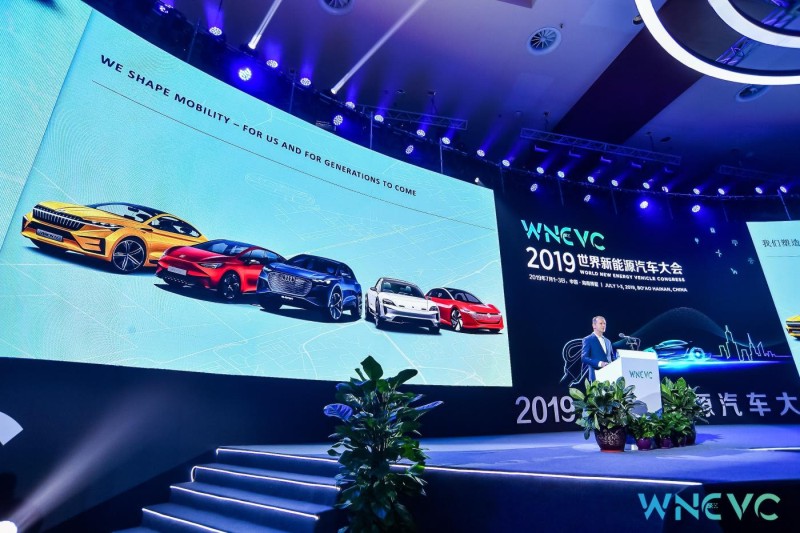
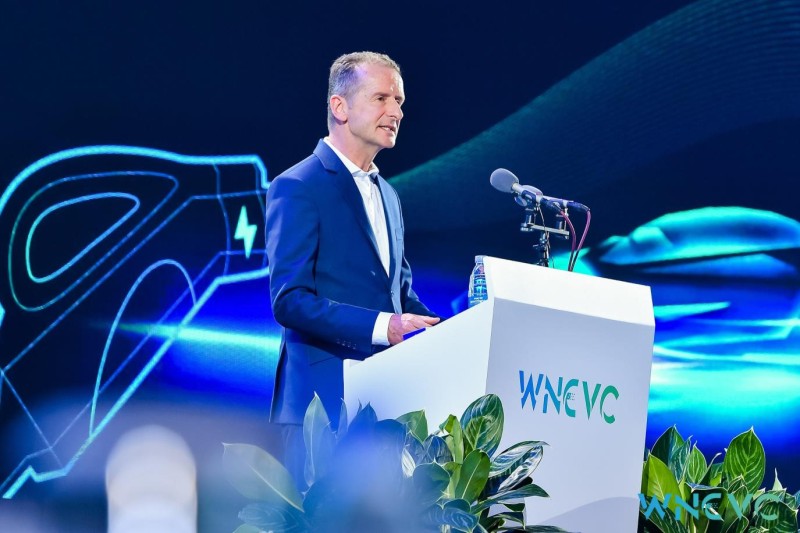
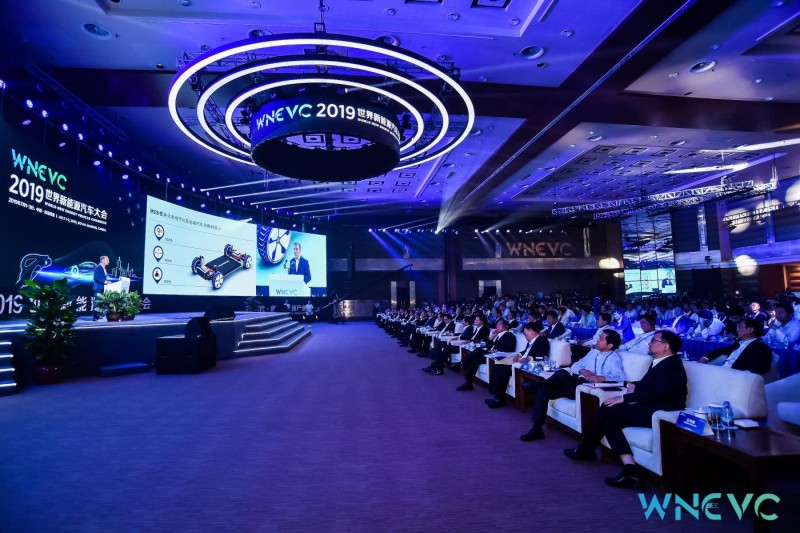
 DEFENDER LIVES ON: LAND ROVER LAUNCHES V8 EDITION TO ...
DEFENDER LIVES ON: LAND ROVER LAUNCHES V8 EDITION TO ... Groupe Renault inaugurates new Alpine A110 production ...
Groupe Renault inaugurates new Alpine A110 production ...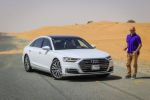 AUDI A8 IS THE NEW 2018 WORLD LUXURY CAR
AUDI A8 IS THE NEW 2018 WORLD LUXURY CAR VOLKSWAGEN POLO WINS 2018 WORLD URBAN CAR AT WCA
VOLKSWAGEN POLO WINS 2018 WORLD URBAN CAR AT WCA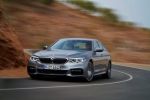 BMW officially shows its all-new 2017 BMW 5 Series Sedan
BMW officially shows its all-new 2017 BMW 5 Series Sedan Almasry Alyoum newspaper covers Volkswagen & AUDI ...
Almasry Alyoum newspaper covers Volkswagen & AUDI ...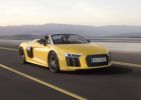 Pre-sales are starting in Europe tomorrow: The new Audi ...
Pre-sales are starting in Europe tomorrow: The new Audi ... Youm7.com unveils latest scandal of Volkswagen, AUDI ...
Youm7.com unveils latest scandal of Volkswagen, AUDI ... Volkswagen scandal in Egypt: An engineer at VW Egypt ...
Volkswagen scandal in Egypt: An engineer at VW Egypt ...
